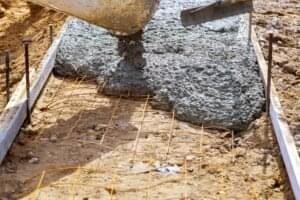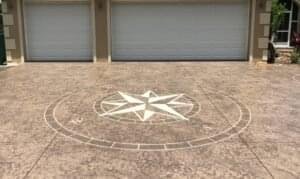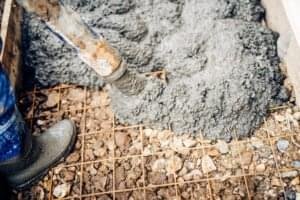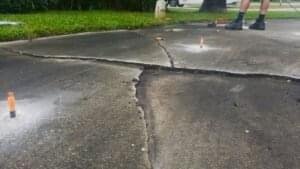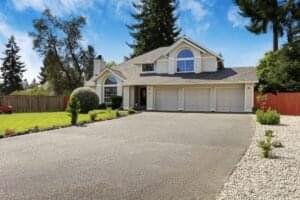Are you building a new home? Choosing the right foundation is important, especially in Lubbock, where fluctuating weather and soil conditions make it challenging. Concrete slabs are a popular choice in the area, but it is essential to understand the key considerations before deciding. A poorly constructed slab can lead to costly repairs.
Protect your investment with a professionally installed concrete slab. Contact the top concrete contractor today.
Best Residential Concrete Contractor in Lubbock, TX
📞 Phone: (806) 375-7740
📧 Email: info@lubbockconcretecontractortx.com
Why Choose a Concrete Slab for Your Home?
A concrete slab foundation is a single, solid piece of cement that is poured directly onto the ground. Building a house on a concrete slab provides a stable and cost-effective foundation, especially in areas with stable soil and minimal risk of frost heave. This type of foundation is preferred by many homeowners in Lubbock due to its affordability and durability.
Advantages:
- Cost-Effective: They are generally more affordable than other foundation types, as they require less excavation and fewer materials.
- Low Maintenance: Unlike pier and beam foundations, they eliminate concerns about wood rot, termites, and structural shifting.
- Energy Efficiency: They provide better insulation and keep homes closer to the ground, which reduces energy loss.
- Resistant to Pests: Homes built on these foundations are less susceptible to pests like termites, which can damage wooden foundations.
- Fast Construction: Slabs can be poured and set quickly, reducing construction time and labor costs.
- Durability: With minimum maintenance, a properly poured foundation can endure for decades.
Disadvantages:
- Potential for Cracks: Expert installation is crucial. Improper installation or shifting soil can lead to cracks in the slab.
- Limited Access to Plumbing: Since pipes are embedded in the slab, repairs can be costly and invasive.
- Not Ideal for Sloped Land: They work best on level ground; they may not be suitable for areas with steep slopes.
- Less Cushioning: Concrete is a hard surface, which may not be ideal for people who prefer a softer underfoot feel indoors.
Is a Concrete Slab Suitable for Lubbock, TX?
Lubbock’s soil is a mix of clay and loam, which means it can expand and contract with moisture changes. This movement can affect foundations over time. However, with proper site preparation, reinforced cement, and professional installation, a concrete slab foundation can be the best choice for homes in Lubbock.
Expert Installation and Repair in Lubbock, TX
Lubbock Concrete Contractor specializes in designing and pouring high-quality slabs. They offer a range of services, including:
- Site evaluation and soil testing: Understanding the specific soil conditions is crucial for proper base design.
- Design and engineering: They work with structural engineers to ensure your base meets all building codes and is designed for the specific loads of your home.
- Cement pouring and finishing: Their skilled team uses high-quality materials and proven techniques to create smooth, level, and durable slabs.
- Professional Repair: Their expert concrete foundation contractor also offers repair services, addressing cracks, settling, and other issues.
Contact Details:
Call: (806) 375-7740
Frequently Asked Question(s)
A standard one can be poured in a day, but it requires about a week to cure fully before further construction begins.
Yes, but proper site preparation, reinforcement, and expert pouring can reduce the risk of cracks.
Proper grading, vapor barriers, and drainage systems help keep moisture away from the base.
No, they do not support basements. You would need a different type of base for that.
Yes, sloped land requires careful grading and possibly retaining walls to ensure a stable and strong base.
